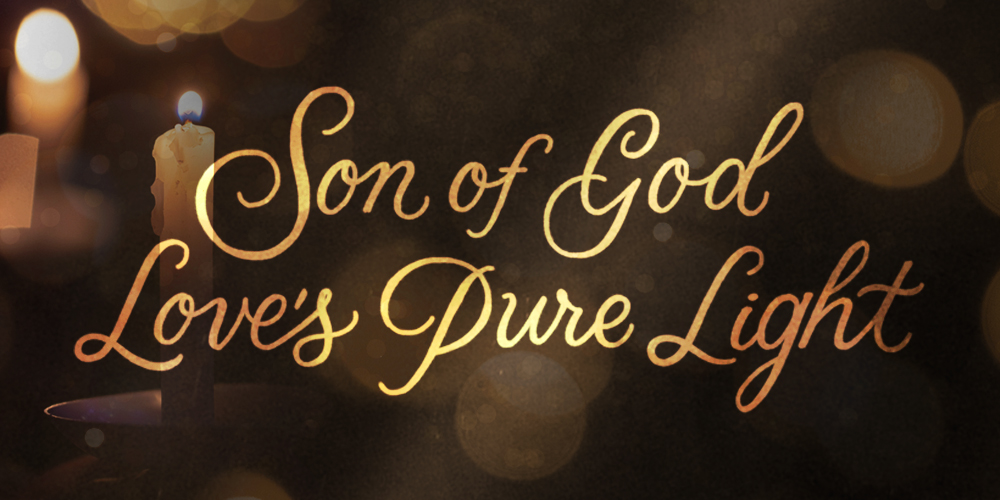
“When will things go back to normal?” We have heard or perhaps thought this question many times over the course of this year. What is it about normalcy that is so appealing? Normality occurs when something changeable conforms to a type of standard or pattern. That standard might be a natural law, or another kind of regulation. The “normal” boiling point of water is 212 degrees Fahrenheit. Public transportation systems have “normal” schedules. These regular patterns form the building blocks for individual life and entire societies. Circumstances can change what is normal. High altitude changes the boiling point of water, and a SEPTA strike may affect the bus system. Given enough pressure, normal things can become unpredictable, making life difficult. It is no wonder that, when things get tough, people generally look for something to anchor them, something solid, dependable, enduring.
The Bible teaches that God is immutable, that is, unchanging. In fact, he is the only being who is unaffected by anything outside of himself. That is why the Psalmist can confidently say, “God is my refuge and strength, a very present help in trouble” (Psalm 46:1). We can turn to him as our Rock in a weary land. We can go to him in private prayer and scripture reading, and we are bidden to come to him in corporate worship. God is also the one who orders all of Creation, and he holds back the forces that often impact our sense of normal: “By awesome deeds you answer us with righteousness, O God of our salvation, the hope of all the ends of the earth and of the farthest seas; the one who by his strength established the mountains, being girded with might; who stills the roaring of the seas, the roaring of their waves, the tumult of the peoples, so that those who dwell at the ends of the earth are in awe at your signs” (Psalm 65:5-8).
Is it not a wonderful gift each year to remember God’s great acts of redemption, especially the Incarnation of his Son at Christmas time and Christ’s death and resurrection at Easter? As we consider why Jesus had to come in the flesh, that he lived and died and was raised from the dead, we remember that he came to undo the effects of the Fall. He came to usher in a new Creation which would be safe from the cataclysmic effects of sin.
This year’s Lessons & Carols theme is “Son of God, Love’s Pure Light,” familiar words from the carol “Silent Night.” The Second Person of the Holy Trinity, the Eternal Son became flesh. He who was unchanging took upon himself a human body and nature, subject to all the “normal” problems we all have: temptation, pain, weariness, sadness, hunger, and betrayal by friends. But what he came to accomplish is anything but “normal.” No, what Jesus came to do has eternal, unchanging implications. He came to bring us out of darkness into his wonderful light: “Jesus spoke to them, saying, “I am the light of the world. Whoever follows me will not walk in darkness, but will have the light of life” (John 8:12). In him we see the love of God revealed: “In this the love of God was made manifest among us, that God sent his only Son into the world, so that we might live through him” (1 John 4:9). He came to give those who believe in him eternal life: “For God so loved the world, that he gave his only Son, that whoever believes in him should not perish but have eternal life” (John 3:16). So powerful and unchanging is the love of God in Jesus Christ that the Apostle Paul can say, “For I am sure that neither death nor life, nor angels nor rulers, nor things present nor things to come, nor powers, nor height nor depth, nor anything else in all creation, will be able to separate us from the love of God in Christ Jesus our Lord” (Romans 8:38-39).
What an awesome Savior we have! O come, let us adore him.
